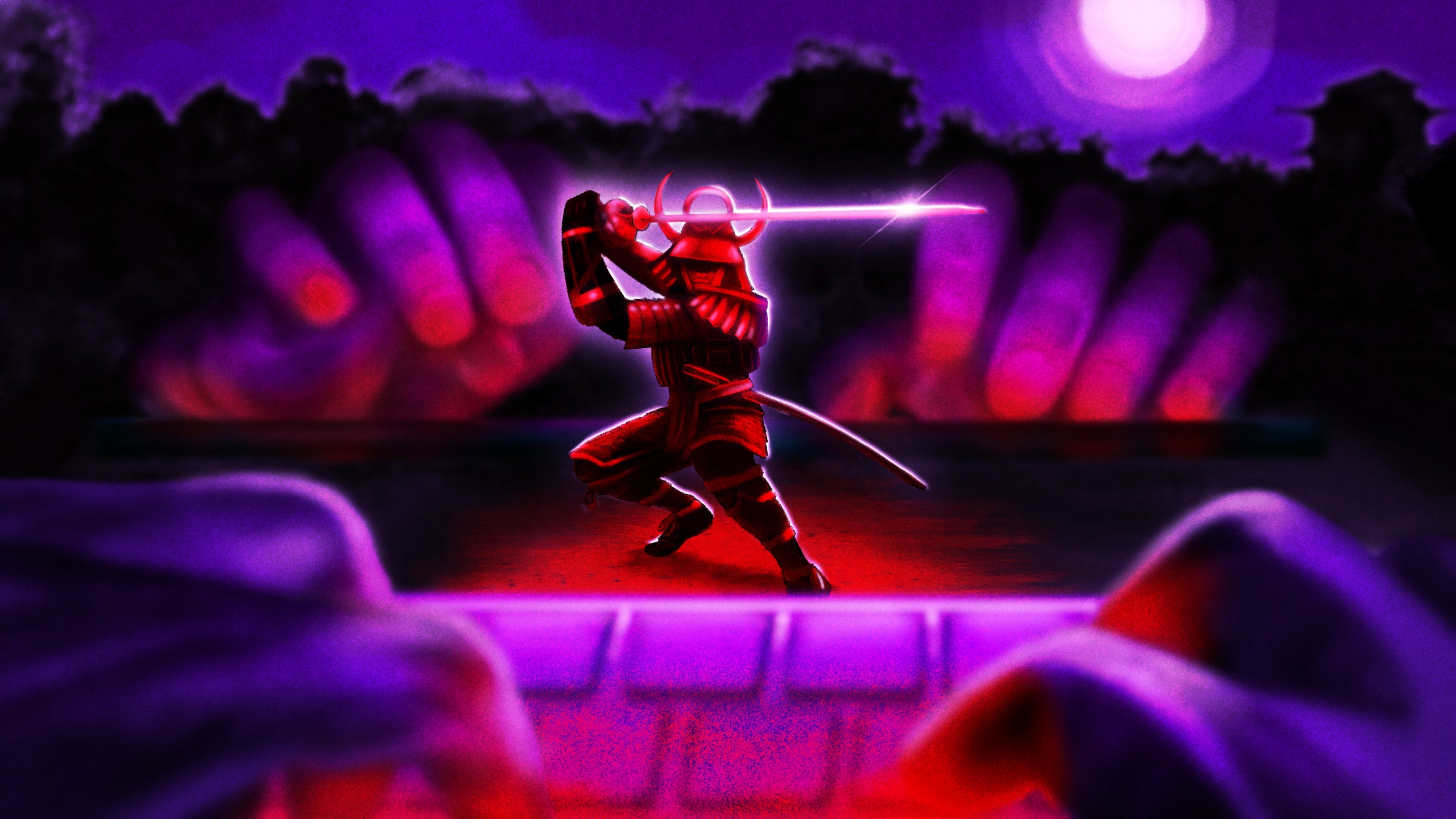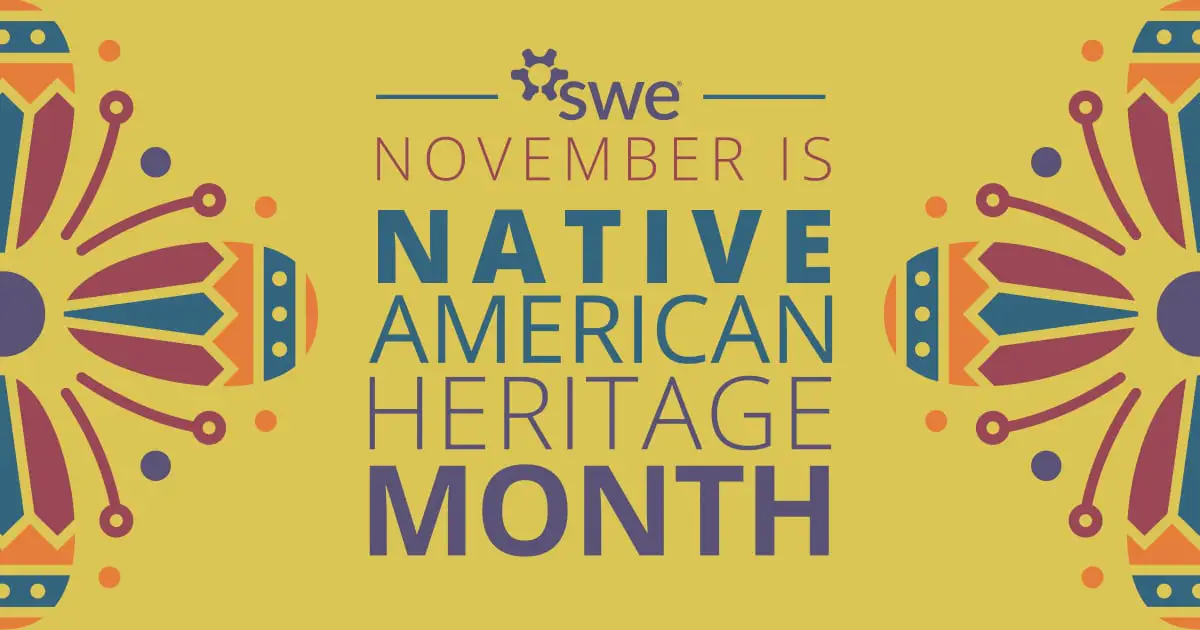On May 16, the gaming and entertainment news site Dexerto tweeted an image from the forthcoming game Assassin’s Creed Shadows featuring one of its protagonists, the Black samurai Yasuke, in a fighting pose. Across scores of replies, some voiced optimism, others fatigue with Assassin’s Creed’s now 14-game-long run, and a very vocal few expressed frustration and anger that a Black person was at the center of the narrative.
“Gonna pass on the DEI games,” wrote one blue-check X user, referencing the acronym for diversity, equity, and inclusion. “Why Wokeism?” asked another. Comments full of racist and sexist language filled the thread.
A more articulate undercurrent of these reactionaries, across many online forums, had a more specific set of complaints. Some alleged the race of the real Yasuke was never known, others that he wasn’t a samurai but a retainer, and another claimed he was never in combat.
These were all fairly elaborate conclusions to draw about a guy from 1581 who’s been depicted as a samurai in Japanese media many times, including in the 2017 video game Nioh and Samurai Warriors 5 in 2021, as well as his own animated series on Netflix.
They also may have been the last bit of armchair history we got on Yasuke if the conversation hadn’t been sustained by a set of accounts looking to build yet another front in the online culture war, fueling what some have been calling Gamergate 2.0. Whereas the Gamergate of 2014 focused on trying to drown out feminist voices, and the voices of women of color, in gaming culture, this second incarnation seems focused on pushing back against diversity in games of all kinds. Yasuke just stepped in their path.
The resurgence of the Gamergate moniker came earlier this year in reaction to the work of Sweet Baby. Staff at the small consultancy received a wave of harassment this spring stemming from misinformation and conspiracy theories claiming the company was a BlackRock-backed outfit trying to force diversity into games. (It’s not affiliated with BlackRock and merely advises on characters and storylines.) As the controversy around Assassin’s Creed Shadows intensified, several posts mentioned Sweet Baby, even though company CEO Kim Belair says the firm didn’t work on the game.
“I think it just comes with the post-Gamergate (late-Gamergate?) territory,” Belair wrote in an email to WIRED. “To a certain kind of person, largely trolls, we’re synonymous with their idea of ‘wokeness in games’ or a vague idea of ‘DEI,’ but it’s ultimately reflective of the overall misinformation that fuels this campaign.”
Gamergate was not the first harassment campaign conceived in the bowels of 4chan and its affiliate websites, but it was perhaps their crowning achievement. The attacks against developers Zoë Quinn and Brianna Wu and media critic Anita Sarkeesian, among others, ranged from doxing to rape and death threats. Its tenets and tactics eventually proved valuable in bringing people into the burgeoning alt-right movement. Even Pizzagate and QAnon can, in some ways, be traced back to what was happening with gamers online in 2014.
“Gamergate was a recruiting ground, a pipeline to leverage the loneliness, discontentment, and alienation of young men—often white young men—into alt-right politics, extremist misogyny, and outright white supremacy and Nazism,” Thirsty Suitors narrative lead Meghna Jayanth told WIRED.
If the early days of social media incubated a cultural cold war, Gamergate turned it hot. Frustrated that they were no longer the sole demographic being catered to, Gamergaters saw “the growing visibility of women, not to mention their incomprehensible insistence that games cater to their perspectives as well, as an unwelcome intrusion in a space that does not belong to them,” Laura Hudson wrote in WIRED at the time. As a result, they wanted more than debate, they wanted blood—and nothing really stopped them from going after it.
Ten years later, aggrieved gamers are focusing on other forms of diversity and inclusion, which is how Assassin’s Creed Shadows’ Yasuke has become the latest point of contention.
While only so much can be truly known when it comes to history, accounts suggest Yasuke (the real one, not the video game character) was a man presumed to be from west Africa who served the Italian missionary Alessandro Valignano. He accompanied Valignano to Japan where he served Oda Nobunaga at the daimyo’s demand. Yasuke was presented with the trappings of a samurai: a house, servants, a sword. He would go on to be with Nobunaga, or near him, at the time of his death, before seeking his heir Nobutada and joining him in battling those responsible for Nobunga’s death, though unsuccessfully.
While Yasuke’s history is fascinating and mysterious, much of the fuss over him has concerned whether he was officially a samurai, a depiction that has shown up in media several times in and outside of Japan. Some insist that he may have instead been a retainer, page, squire, or sword-bearer. Others decrying his inclusion in Shadows said he looked gay.
“There is no easy way to separate the many threads of what we are seeing within the Yasuke backlash,” says Paula Curtis, a postdoctoral fellow at UCLA’s Terasaki Center for Japanese Studies. “There are legitimate complaints about the developers’ decisions regarding representation and historical engagement … There are also many discriminatory responses to the game that have been anti-Black, misogynistic, and politically motivated.” It’s important to note, Curtis adds, that Shadows’ fans and commentators, and the issues they’re raising, aren’t uniform.
When Japanese historian Yu Hirayama tweeted there was “no doubt” as to Yasuke’s samurai status, he was treated to a tirade of abusive replies in English, including one claiming he brought “dishonor to [his] family and Japanese history.”
Amid the backlash to Yasuke’s inclusion in the game—and specifically to his role as a samurai—Ubisoft, the game’s developer, issued a statement saying that while the company “extensively collaborated with external consultants, historians, researchers, and internal teams at Ubisoft Japan” on the game, “some elements in our promotional materials have caused concern within the Japanese community.”
Without saying specifically which aspects caused concern, the company added that it was taking this “constructive criticism” into account as it prepared for the game’s November launch, and apologized. (Ubisoft did not respond to a request for comment on this story.)
Jayanth believes the apology was a case of misplaced appeasement.
“The alt-right’s fundamental drive is hatred of the ‘other,’” she says. “Even if we cleansed our games of women, non-white people, queer people—which is their ask, and one we absolutely should not give in to—they would turn to insufficiently ‘masculine’ depictions of white men. This movement exists only in opposition to some polluting ‘other,’ an enemy that must be manufactured if a real enemy cannot be found.”
Revisionist approaches to history have seen a rise in recent years, especially in the interest of enshrining an idealist sense of a traditionalist past as an ahistorically conservative utopia.
“You see this in the false assertion of a purely white Middle Ages or the denial of war atrocities in World War II,” Curtis says. “Bad-faith actors may cherry-pick historical sources in order to craft specific narratives, completely ignore sources that do not support their views, or appropriate historical symbols as rallying cries to their causes.”
The proponents of Gamergate 2.0 have veiled their scorn for Assassin’s Creed Shadows’ inclusion of Yasuke within concerns for historical accuracy. Much Like the Gamergaters of old, who insisted they were defending ethics in gaming journalism and not harassing women they felt needed to be put in their place.
Gamergate then, and Gamergate now, are both ultimately about the sensitivities around who saw representation and how, made disproportionately important by how disempowered and alienated modern people feel. As games have made room for a wider array of characters, the gamers at the center of the backlash have seen this progress as a form of persecution. Games are changing, and as much as those upset over Yasuke’s inclusion in Shadows want to push back, they may not be able to stop that.
“It’s certainly been strange to see us tied to a ton of games we’ve never worked on simply because people perceive ‘wokeness’ or progressive ideas in them,” Sweet Baby’s Belair says, “but maybe it’s indicative of a greater truth that Gamergaters miss: No external consultancy is forcing studios to make their products more diverse or more progressive. The change, whatever you think of it, is coming from inside the house.”






